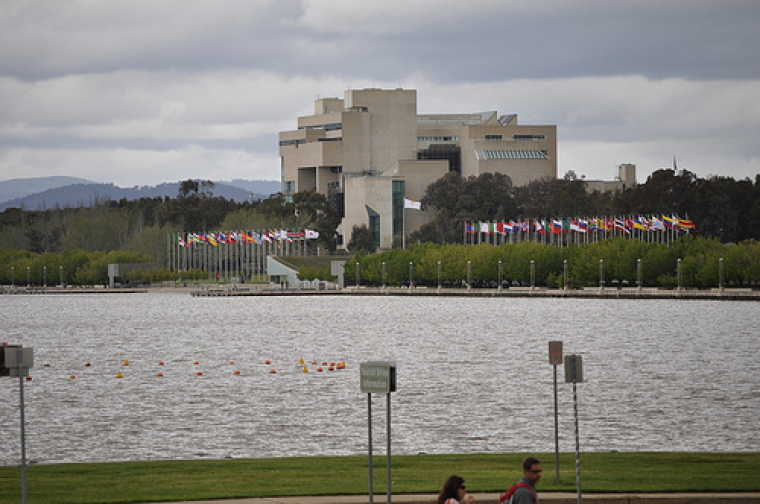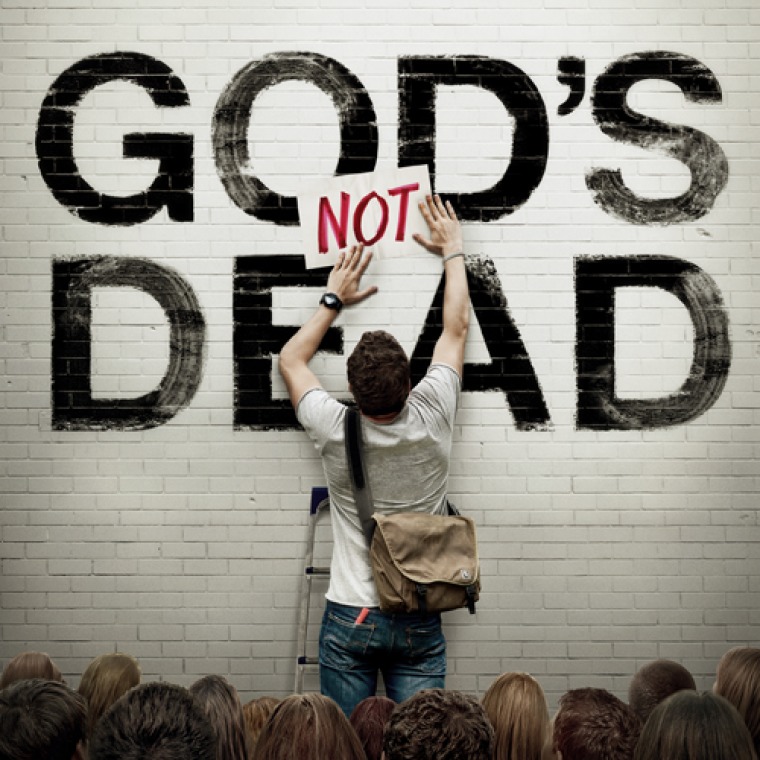

Although a corresponding post is not apparent on the WayOut Wodonga Facebook page, the organisation of same-sex-attracted youth from rural communities was clearly pleased about the High Court's refusal to accept a second appeal from the Christian Youth Camps (CYC) religious group on Monday. A ruling for the long-running case was first handed down on April 16, 2014, but an appeal from CYC led to the lengthening of the case duration until Monday.
The case notes published by the Human Rights Law Centre (HRLC) after the first decision presented the recorded facts of the incident:
"Christian Youth Camps, a company associated with the Christian Brethren religion, operated the Phillip Island Adventure Resort. Mr [Mark] Rowe, was the Resort's site Manager. In June 2007, Mr Rowe received a call from Sue Hackney, who was employed by Cobaw Community Health Services Limited (Cobaw) as the co-ordinator of the WayOut project ... Ms Hackney wanted to book the Resort for a weekend forum for 60 young people and 12 youth workers from across rural Victoria, all of whom were involved in WayOut ... Mr Rowe responded that the Board "would have some difficulties" taking such a group and that she would be better off looking at other camps in the area who would be able to take them."
Both Mr Rowe and CYC, as his employer, were subsequently sued by the health centre for unlawful discrimination under the Equal Opportunity Act.
The case was initially presented before the Victorian Civil and Administrative Tribunal (VCAT), which fined CYC A$5,000. After CYC's first appeal, the Victorian Court of Appeal (VCA) upheld VCAT's decision, after CYC's argument that the basis of religious freedom under the Equal Opportunity Act validated Mr Rowe's decision was not accepted. One of the three VCA judges who presided over the VCAT appeal, Justice Robert Redlich, agreed with CYC, as he believed in the freedom of religious organisations to protect their ethos.
Prior to the High Court application from CYC, Derrick Koh, President of the Victorian Christian Legal Society, said to the Bible Society in May:
"It is wrong that religious organisations, the ones often providing essential, self-funded, support for the most vulnerable sections of society, are faced with such stark choices in what is supposed to be a liberal society."
Responding to the prospect of a second appeal in September, Margaret McDonald, the acting chief executive officer of Cobaw, told the ABC: "My understanding is that potentially it [second appeal] will vindicate for us at the highest level of court in the land".
As stated by South Australian legal professional Christopher Brough on the Australian Christian Lobby's (ACL) podcast on Tuesday, the High Court judges were required to weigh up the right of religious freedom with the right to be free from discrimination. However, University of Newcastle Associate Professor Neil Foster made it clear to the ABC in September that the VCA's examination of the case was not thorough enough. He first explained, "Unlawful discrimination is discrimination that is based on irrelevant grounds", followed by an assertion that fundamental principles of vital importance to a Christian organisation's existence are "not irrelevant".
In a Cobaw press release published on Monday, Ms McDonald was relieved "that the long-running case is finally over" and thanked Cobaw's legal team.